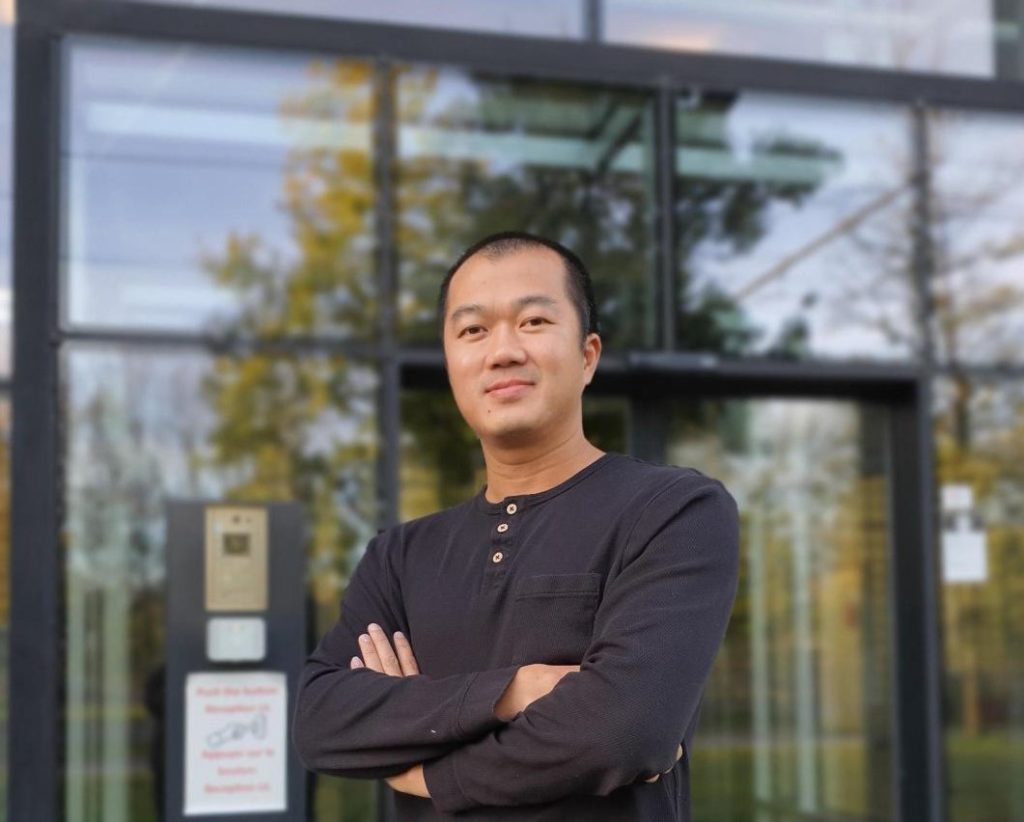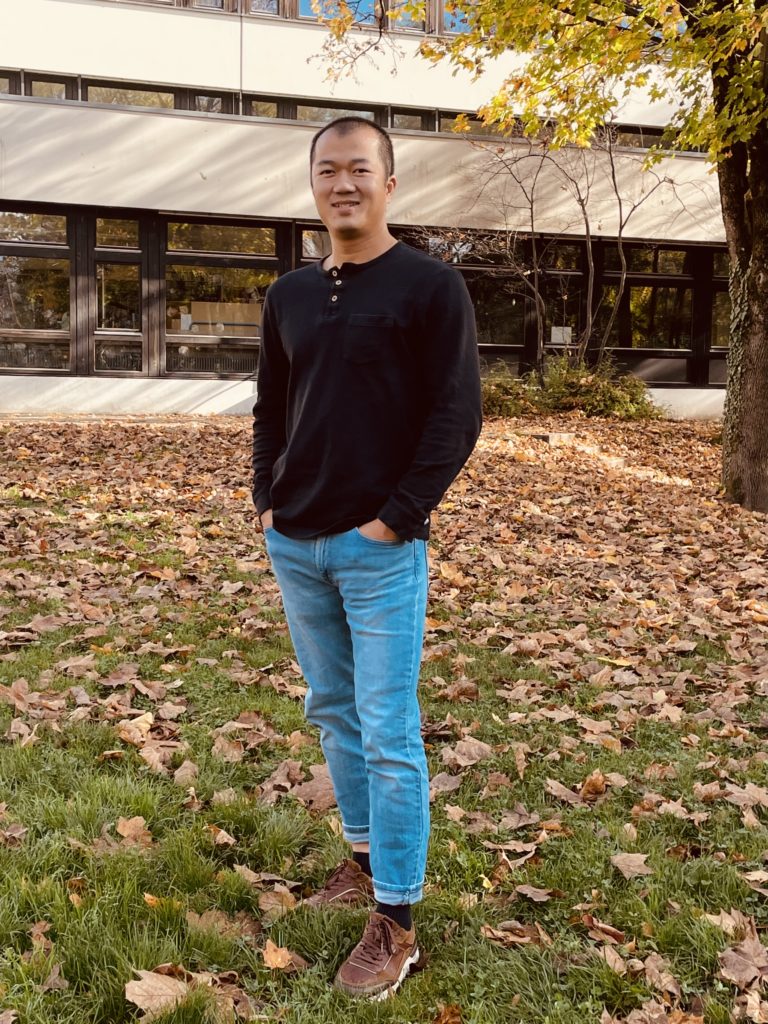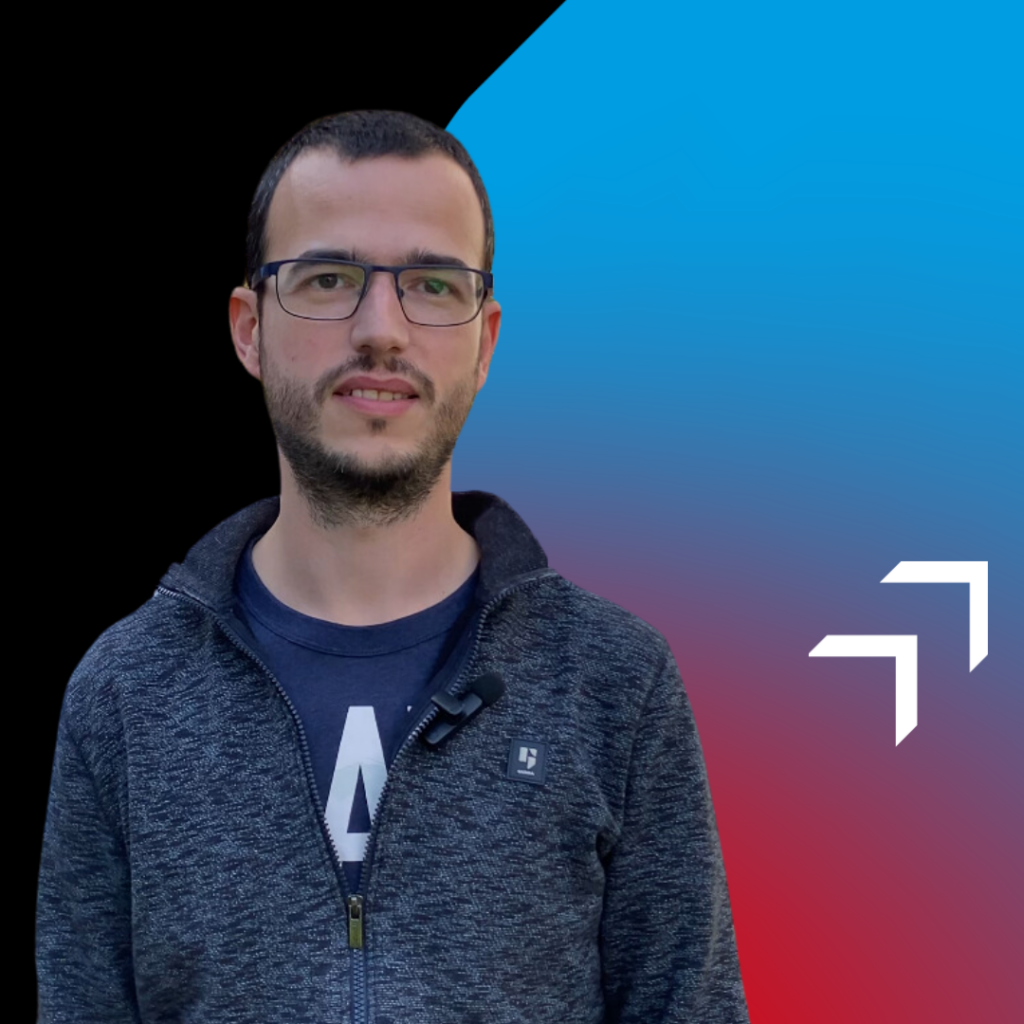In conversation with our young researchers: Thang Xuan Vu
11 November 2022

Network efficiency
Wireless communications are everywhere nowadays. Their analysis aiming at improving their efficiency is therefore crucial, for terrestrial or satellite systems.
How can we design greener telecommunications systems while ensuring greater efficiency?
Thang Xuan Vu is a research scientist at the Interdisciplinary Centre for Security, Reliability and Trust (SnT) of the University of Luxembourg. His research interests are in the field of wireless communications, with particular interests in 6G networks design and optimisation.
5G/6G communications
Specialised in Telecommunications Engineering, Thang X. Vu is managing several projects within the SIGCOM research group at SnT, dealing with the design and radio resources optimization of future terrestrial and non-terrestrial networks.
The research areas of the group focus on the formulation, modelling, design, and analysis of 6G communication networks that can support innovative services in a cost-efficient manner. Use cases of interest include IoT (Internet of Things) verticals, unmanned aerial vehicles, integrated satellite-terrestrial networks, quantum communications and key distribution, spectrum management and coexistence, tactile Internet, and autonomous transportation.

My research outcomes have direct impact on the 5G/6G communications systems by helping to improve the network energy efficiency towards green communications and the spectral efficiency of multi-layer communications networks.
Thang Xuan Vu
Most of the projects in which Thang is involved, funded by the Luxembourg National Research Fund (FNR) or European Space Agency (ESA), present significant opportunities to have practical outcomes through partnerships with the private sector (with the satellite company SES for example).
In the ASWELL project, Thang and his team develop autonomous, intelligent and efficient network slicing solutions for future integrated satellite/terrestrial networks. Machine Learning/Reinforcement Learning (ML/RL) are applied to provide a viable alternative to conventional human-engineered heuristic or optimization-based algorithms, which cannot rise to the occasion of heterogeneous dynamic large-scale software-defined networks. The developed ML/RL-based solutions have capability a) to accelerate the flow management algorithms for large-dimensional graphs, b) to autonomously manage the on-line network flows for graphs with temporal dynamics, c) to consider joint flow and node resource slicing for networks which include processing/storage functionalities.
- RUTINE: Distributed and Risk-aware Multiagent Reinforcement Learning for ResoUrces and Control Management in MulTIlayer Ground-Air-Space NEtworks
- ProCAST: Proactive Edge CAching for Content Delivery Networks powered by Hybrid Satellite/Terrestrial Backhauling
- HTS-DBS: High Throughput Digital Broadcasting Satellite Systems
- LUQCIA: Luxembourg Quantum Communication Infrastructure Laboratory
ICT collaboration
Thang joined SnT in 2016 after beginning his research career in Vietnam, Singapore and France.
After a Bachelor of Science degree and a Master of Science degree in Electronics& Telecommunications Engineering respectively, both from the VNU University of Engineering and Technology in Hanoi, Vietnam, Thang X. Vu pursued his research journey in France with a PhD in Telecommunications Engineering at the University Paris Sud – CentraleSupélec.
Top-tier research
The research ecosystem in Luxembourg is a great environment supporting international collaboration and interdisciplinary research.
On the academic level, SnT is hosting 15 research groups covering all aspects in ICT and there are potential cooperation with several research institutions such as the Luxembourg Institute of Science and Technology (LIST). Luxembourg is also offering many funding opportunities supporting collaboration with both local and international researchers.
On the industry side, Luxembourg is hosting several international companies with which the University of Luxembourg has created partnerships, such as SES for example. And here again, the Luxembourg National Fund (FNR) offers funding e.g. BRIDGES programme that provides financial support for industry partnerships between public research institutions in Luxembourg and national or international companies.

I came to Luxembourg with both eagerness and doubt since the Uni.lu was very young that time. However, all the doubt quickly vanished and I enjoyed the diverse, friendly and promising environment at SnT. Me and my family also love living in the beautiful and lovely Luxembourg.
Thang Xuan Vu











